[201006] Yong Siew Toh conservatory:


[211006] 10 years after first meeting in seaside JC & walking from ECP McD's across Sheares Bridge to Millenia Walk, owner of Quasimodo e 'powdered' camel + Phoa + Adrian + e cat met up at Parkway Ichiban Sushi, where Quasi's owner decided against ordering kami nabe hotpot stew solely for e cheap thrill of saying KNNB. was great catching up after all e MIA-ing Quasi's owner has done. in less than 3 months time, & almost 21 years to e exact day since Phoa & e cat first walked into e same primary 1 classroom, e cat will attempt to make it for Phoa's wedding dinner after touching down from its CNX-SIN flight =P Phoa is now growing her hair long so that it can be styled for her wedding, & she doesn't look much different from our primary 2 class photo....!!
[211106] inside Parkway Giant fitting room:
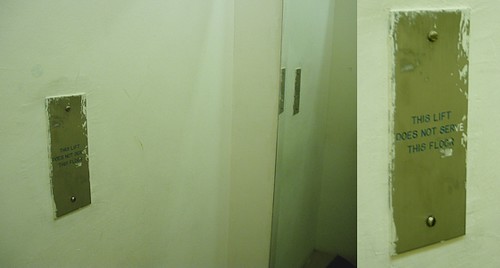
can't imagine if it did....what more in e ladies' fitting room....
[221006] for Pig-pig's birthday - Japanese 'tikam' from Re-Ment (Reform the Entertainment):


left from this collection & right from this sweets collection
[261006] from upper deck of SBS14 along East Coast Road:
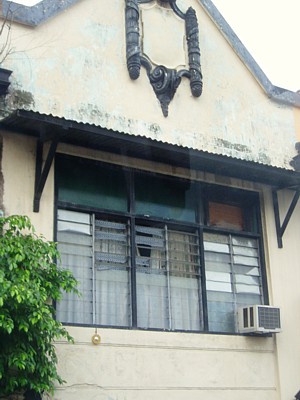
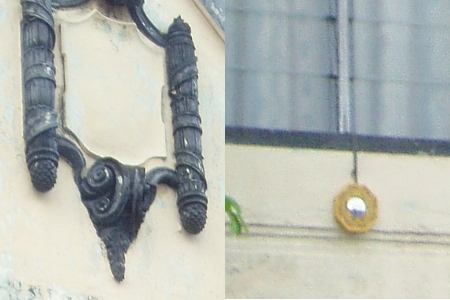
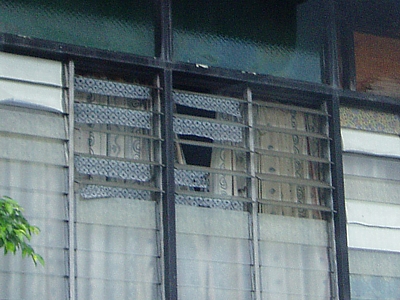
[261006] what on earth are e colleagues drinking....?!
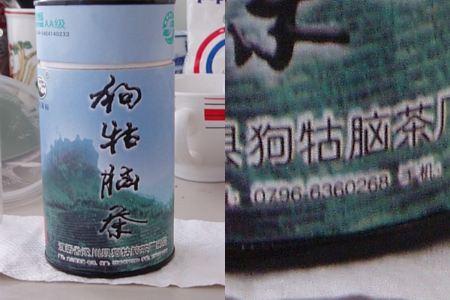
strange thoughts pop up in e cat's head as it starts to wonder where all those brain lysates & neural stem cells in e lab come from =P
[301006] from TODAY Voices 30 Oct 2006 by Anita Kapoor:
Grieving's Not Easy With A Cold Heart of Gold
ALL of sudden, death — or rather, dying — has gotten itself a whole lot of attention.
Because of the Life Before Death campaign, now we have clever ads explaining how the terminally ill can educate others, a video diary tracking the last days of a terminally-ill patient, and a photo essay.
I know I'm supposed to applaud the efforts of The Singapore Hospice Council and the Lien Foundation for this generally well-regarded "ground-breaking" step.
Instead, the hospice campaign has left an emptiness in the pit of my stomach — because I think we've missed the embarrassing realisation it has brought to the fore.
We're the problem.
That the Hospice Council felt strongly enough to launch an entire campaign around life before death from disease or old age — that it needed to be smart to find a way to get through to us, by using the perspective of the dying so that the living make more of an effort — is telling us something about our own collective disease.
Many of today's Singaporeans live in a cloud of pure make-believe. Bathed in the glorification of money, status and the pursuit of perfection, we live as if we will never die.
We act as if the spectre of disease, suffering and death will never darken our doorways. We drive our big cars and express shock at the grey-haired citizens picking through garbage bins to recycle cans and plastic bottles for sale.
We ignore the elderly tissue paper sellers scattered throughout our city, as if they're flies spoiling our Saturday afternoon spend-fests.
We don't have time for the debilitated. We are oblivious to the desperation in people's eyes, the lines on their faces that didn't get there because they had to worry about a child's university fees in the United States.
I see you on the streets, dear citizens. Many of you seem to see absolutely nothing at all. Hiding behind your enormous sunglasses, swerving and avoiding, you revert to learnt reasoning: The poor are a small percentage in Singapore; if you give to one you must give to all.
Where did this sickening apathy come from, that pervades Singaporean life? Decades of hand-holding and public messaging were supposed to teach us to be civil citizens — no spitting, shoving, littering and abusing (animals, children, maids, the elderly and each other).
Yet, the hand holding itself seems to have eradicated otherwise instinctive actions and reactions towards human existence and suffering — that should come effortlessly from deep within.
Why are our sick and dying tucked away and forgotten? Why can't we talk about it? Why are our elderly suffering?
We can highlight the feel-good stories; the cash-rich pocket money funds; the top 10 people who give their best to those who have the least; and the kindness of strangers, cab drivers and foreign workers.
We can talk of how our society has changed, grown up even.
But this hospice campaign has thrown our big, bad secret out into the open. We're great at talking the talk. We're able to give and successfully so — witness the vulgarity of $500-a-plate charity dinners required to fete a room full of tycoons for the sake of their charitable contributions.
We're excellent at being stoic and seemingly strong. But it sadly appears that we are missing something huge in our social makeup: We are unable to feel.
That's our big Singaporean shame. We are unable to feel when we pick a frying pan up to hit a 18-year-old who's left her backwater village to earn a living washing your toilet and your baby's backside.
We are unable to feel when a friend, desperate to talk about their mastectomy but not knowing how, cries on our cold shoulder at the unfairness of it all. We are unable to feel, when the old man approaches us in a crowded hawker centre asking for a couple of bucks.
We are unable to feel when the 75-year-old jumps off her corridor and ends her lonely existence. We are unable to feel when coddled, bratty children slap their hapless maids, without parental rebuff.
We can cry at Idol concerts, we can scream for joy at an appearance by a MediaCorp artiste.
But have you ever stopped to have a conversation with the buskers in the underpass?
We can devote pages to Singapore's new breed of entrepreneurs, sportsmen, stars, and retail giants.
But have you noticed that tall man in the market, in his shabby but clean clothes? His three kids are bathing in the public toilet, and his life's possessions are gathered in the plastic bag on his wrist.
We are devoted to talking about the Queen of Caldecott, to the need to foster heroes and adventure seekers.
But can you feel the heroic pride and pain and also see the pretty in someone whose life is coming to an end?
Oh, we are busy, busy. Living lives we can't afford, forgetting our parents in old age homes — and boy, are we relieved that there are places they can 'go to die'.
We don't seem to wish to acknowledge that suffering, disease and death are universal experiences. We avoid the emotions, the displays of affection.
Always, we are distant — onlookers, like the drivers on our highways slowing down to peek at an accident wreck before driving away.
We walk tall and proud down our streets. But, rarely it seems, do we touch a soul.
************
many a times, e cat has been told that Singaporeans have no soul. & it is hard to disagree. maybe they once had one, but it was sold for money?


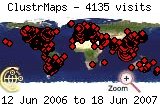
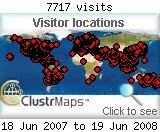


No comments:
Post a Comment